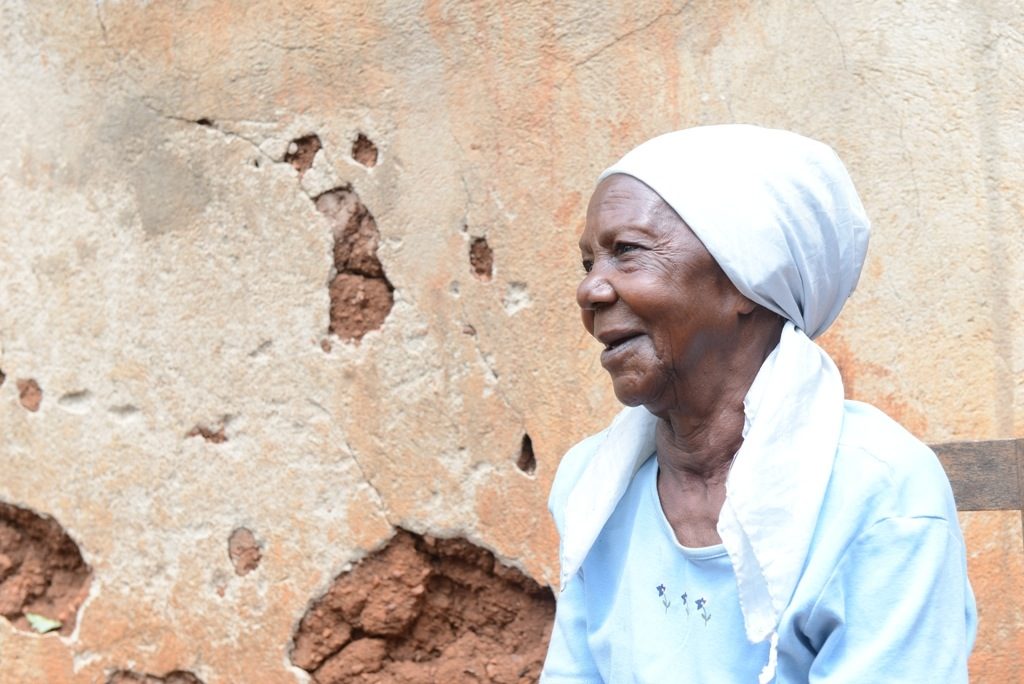
By Michel Nkurunziza, Rwanda Focus.
The National Commission for the Fight against Genocide (CNLG) together with other relevant organizations will this Tuesday launch a survey to identify genocide survivors in need of support.
The activities will this week start with over 70 households of genocide survivors in six villages in Rusizi district, and will then move on to Rulindo, Gatsibo, Nyagatare, Kayonza, Rwamagana and Bugesera.
James Nzirimo, who is in charge of advocacy at CNLG, explained that the survey aims to identify challenges faced by genocide survivors, and to come up with solutions.
He said in a statement that among the main challenges is the fact that many genocide survivors do not live on their old properties, which prevents them from farming, while the aid to needy survivors also delays. The persistence of genocide ideology is another major concern.
Genocide survivors are also often living in poorly constructed houses due to substandard materials used, and therefore need advocacy for repair by soliciting funds from public and private institutions.
The Genocide Survivors’ Assistance Fund (FARG) had earlier this year said it needs about Rwf 28 billion to restore the houses of vulnerable genocide survivors. A 2012 assessment indicated that over 12,600 houses need repairs, and that 3,036 of them are in a critical state.
Out of FARG’s total budget of Rwf 28billion, the shelter program is allocated Rwf 3.1b.
It had also been revealed that about 9,000 genocide survivors who completed secondary school are still waiting for support to go to university, while 2,105 student survivors who dropped out of primary school and 3,582 who didn’t complete secondary school, need special support.
